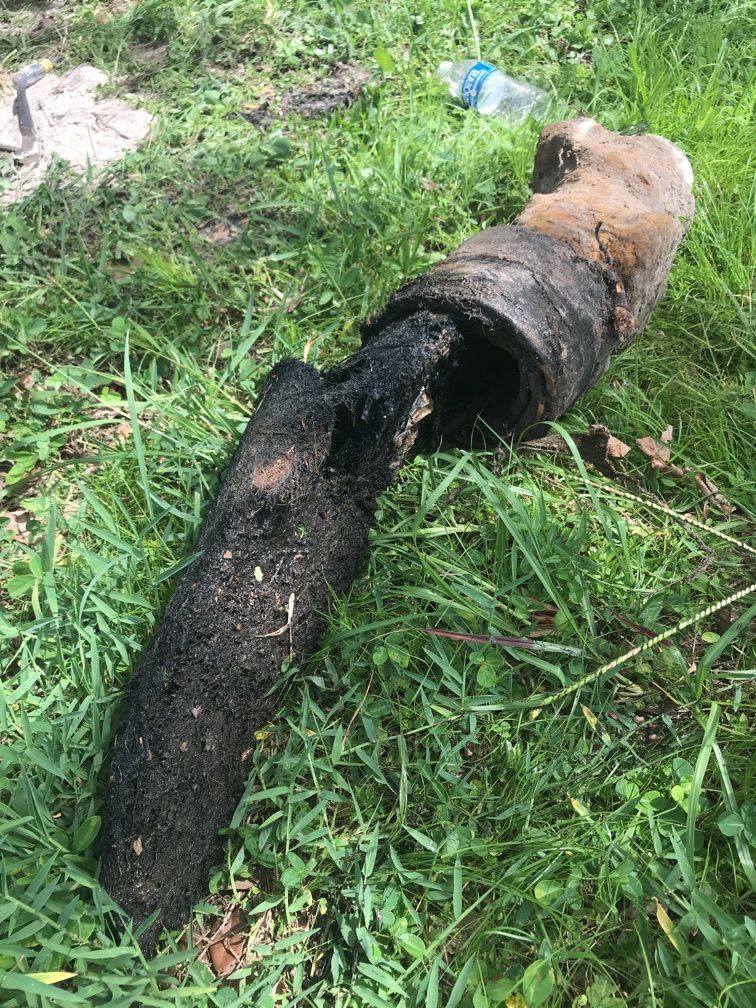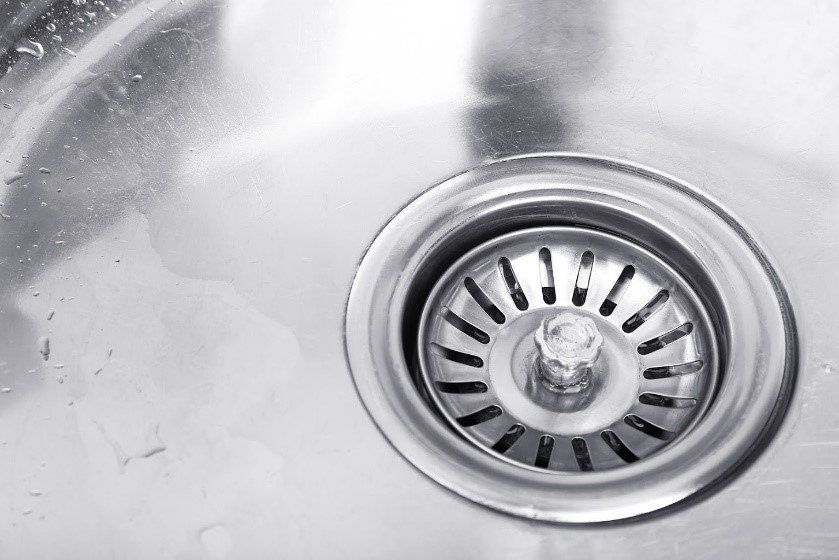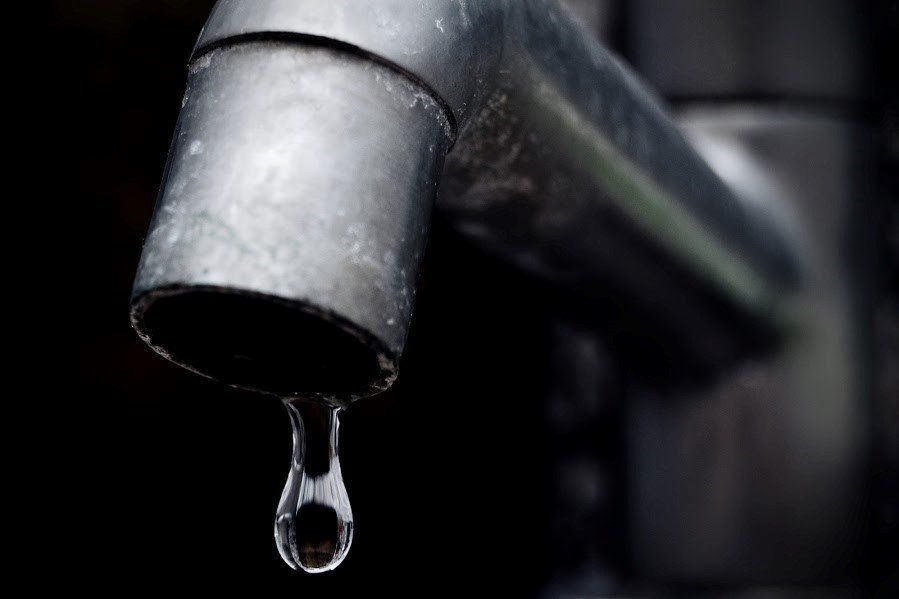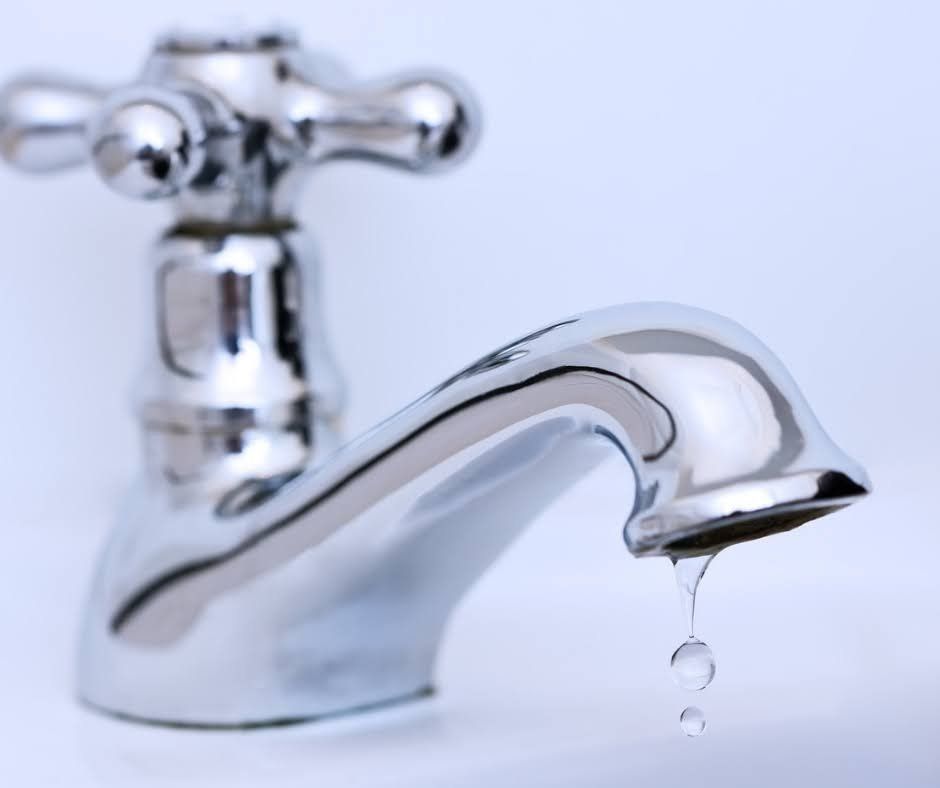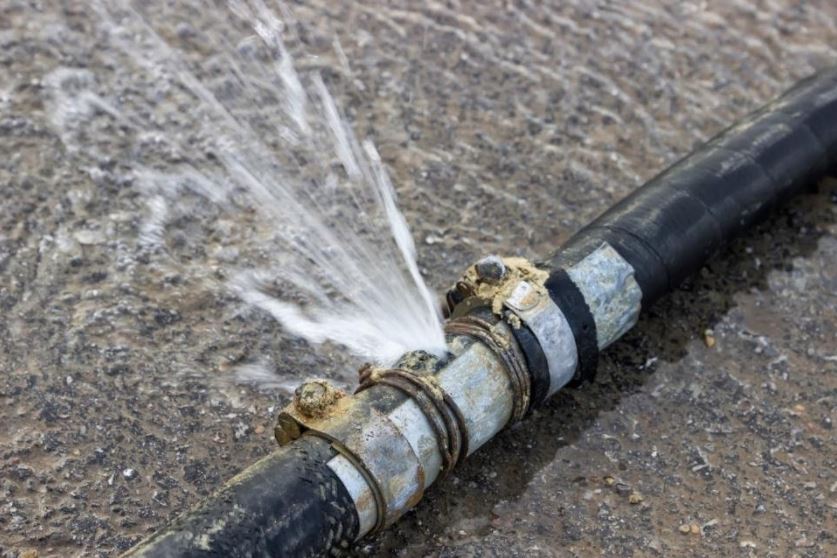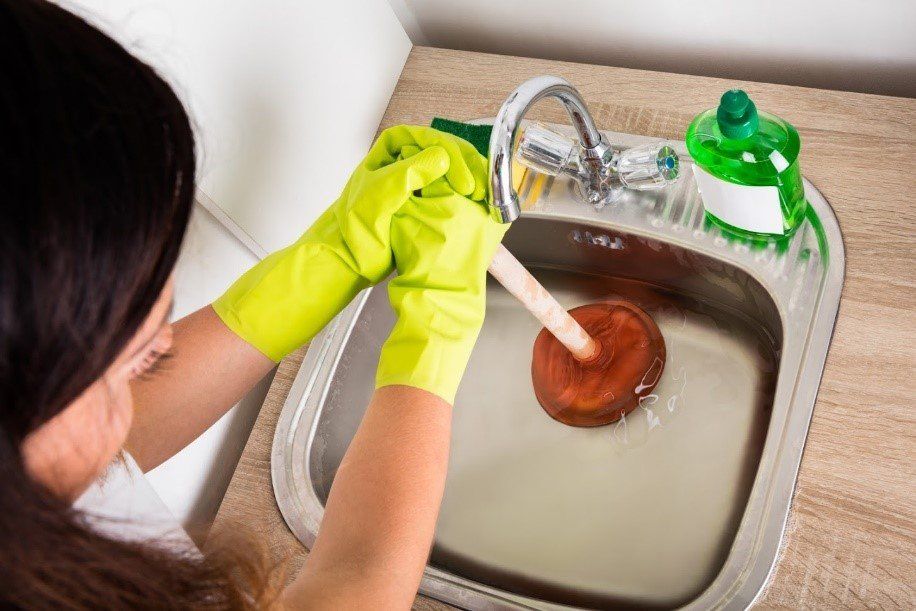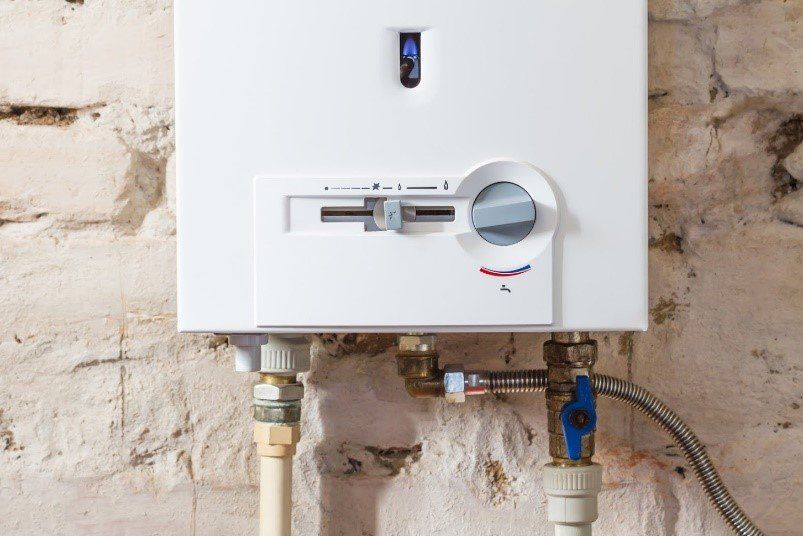Beauty and Hygiene Products That Are Ugly for Plumbing
Homeowners cautious about what they pour down their kitchen drains may still make mistakes with their bathroom plumbing. Many items can lead to plumbing clogs besides eggshells, bacon grease, and coffee grounds; you should also consider how beauty and hygiene products can affect plumbing lines.
Concerns with Wipes
Municipal sewer companies and residential plumbing experts have long warned homeowners to not flush baby wipes down the toilet because of the tendency of the product to lead to sewer backups. The problem has continued as wipes have become increasingly popular as a product used by many adults.
Manufacturers now make wipes for makeup removal and adult sanitary use. Some products label themselves as flushable, so people feel confident they will not cause any plumbing issues. Unfortunately, researchers have discovered that even flushable wipes can cause clogs as they do not always break down as easily as expected.
Worries About Oil
Coconut oil has become a popular cosmetic product for hair and skin. Some people even use coconut oil for oil pulling. Oil pulling is a dental practice that involves swishing oil around the mouth for 15-20 minutes to remove bacteria and plaque from the mouth before the oil is spat out in the drain.
The concern with coconut oil is that temperatures below 70 degrees Fahrenheit turn it into a solid. The product, warmed by body heat, turns into a liquid form during use and stays a liquid when rinsed with warm water down the drain from the mouth, hair or body. Once the oil reaches colder plumbing lines, the liquid becomes a solid again.
Coconut oil causes problems like bacon grease goes when it goes down a drain. The liquid coconut oil turns solid and collects along the pipe as it cools. The oil that remains in the plumbing pipe becomes a sticky spot where other items can collect.
If too much of the oil goes down a drain at once, it might close off the pipe on its own. Boiling water may temporarily loosen a clog close to the drain, but the solution is often only temporary. Another clog could occur further down the pipe as the oil cools again. Boiling water may not stay warm enough to dissolve oil deep in a drain.
Issues with Floss
Dental floss is such a small and seemingly harmless product it may seem strange to imagine it could cause any problem. One strand, like a single strand of hair, is unlikely to lead to a sewer malfunction. The problem is that most people use dental floss daily, so the floss collects in the same way a strand of hair becomes a clump of hair in drains.
Dental floss does not biodegrade, and it can easily wrap around other items in the pipe or stick to rough, rusted sections of older plumbing. Over time, the dental floss continues to build in these sections and collect bits of paper, hair, or other flushed debris. The collection eventually builds until it closes off the pipe entirely.
Problems with Swabs
Cotton swabs have the same small and innocent appearance of dental floss but can cause the same problems. Swabs can also become stuck to rough areas of plumbing pipes and cause other items to collect. A swab can even become wedged across the pipe and stop toilet paper from flushing through the line.
Homeowners can prevent many instances of clogged pipes if they never flush down anything except human waste and toilet paper and use caution with the products they rinse down their drains. If the warning comes too late, call us. At Scotto's Plumbing Services, we offer 24/7 emergency services to help keep your plumbing systems operating flawlessly.
